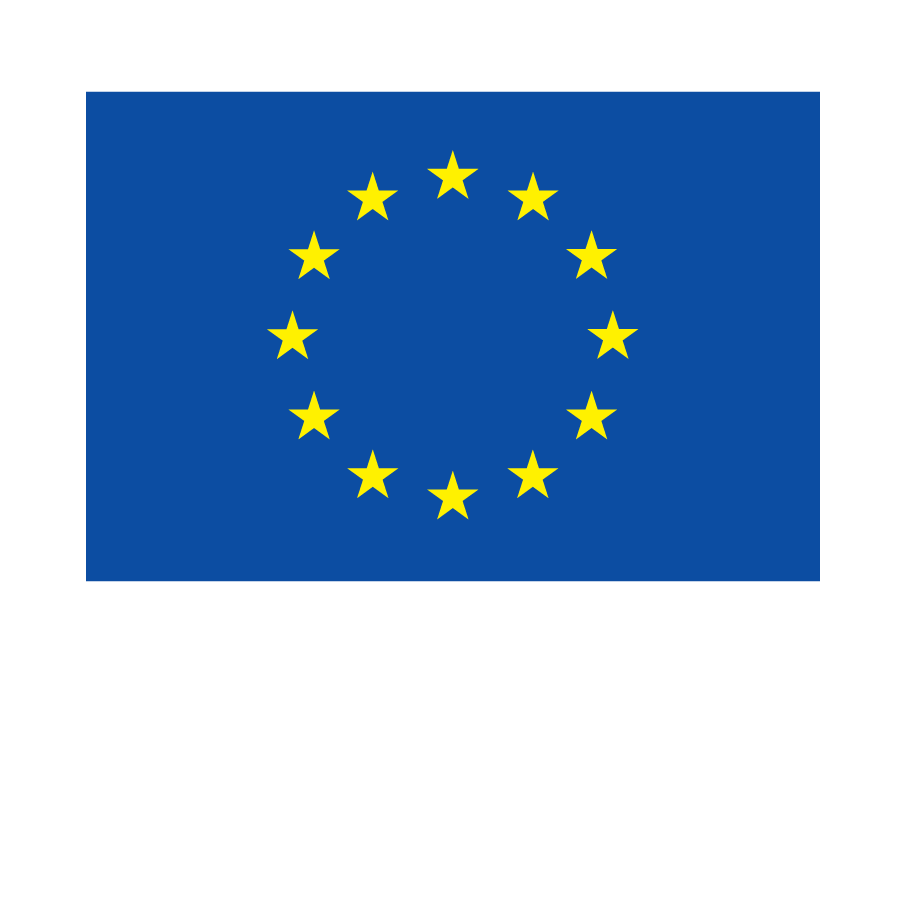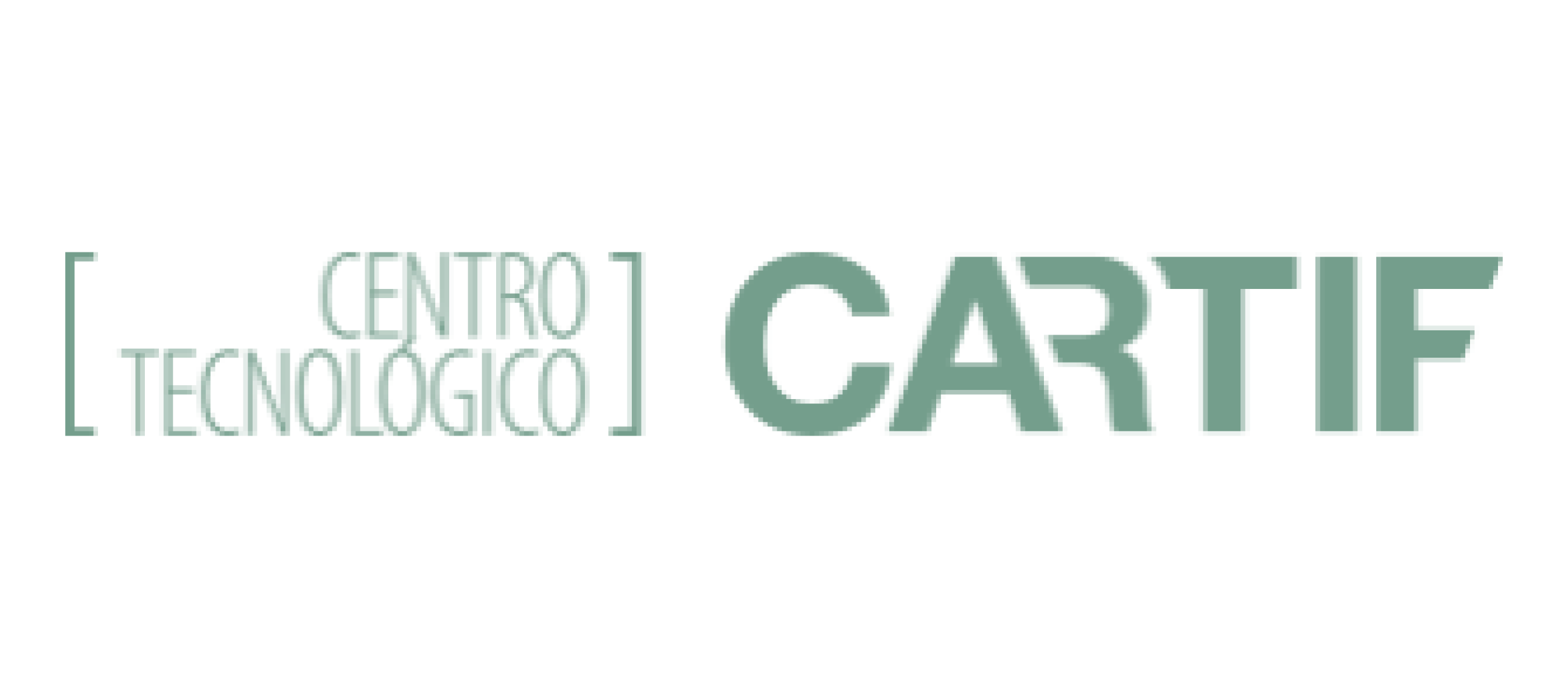
CARTIF is a horizontal, private, and non-profit Research Institution, whose main mission is to provide innovative solutions to the industry to enhance their processes, systems and products, improving their competitiveness and creating new business opportunities. CARTIF is a multidisciplinary centre that works in multiple knowledge fields focused on many economic sectors: energy, food, industry, construction and infrastructures, health, and environment, addressing research lines oriented to the main societal challenges, such as industry 4.0, smart grids, smart cities, energy efficiency, cultural heritage, quality of life, circular economy, natural resources, and biotechnology.
CARTIF is the project’s coordinator. Within the project, it is responsible for data management and ethical aspects, and it will lead the organization of the European K-HEALTHinAIR Scientific Congress. In addition, it contributes to the identification of determinant sources , result interpretation, requirements of the Open Access Platform, and supports the project’s communication, dissemination, and stakeholders’ engagement activities.

The RJB-CSIC and the IIIA-CSIC are located at the Madrid and UAB campuses, respectively. Both centres belong to the Spanish National Research Council (CSIC). The CSIC is Spain’s largest public institution and is devoted to research and technological development. The RJB-CSIC is an EU centre of excellence focused on better understanding the systematics and evolution of plants and fungi. Specifically, the “Hidden Biodiversity Research Group” of the RJB-CSIC investigates the evolution, diversity, and ecology of microorganisms, such as fungi, protists, and bacteria. This group is multidisciplinary and investigates the relevance of these microorganisms: as responsible for emerging diseases, their involvement in the quality of airborne and aquatic systems, or as bioindicators of eutrophication and pollution. IIIA-CSIC is a leading research centre in Europe in the areas of multiagent systems, machine learning, and uncertainty reasoning. IIIA-CSIC has a strong academic record and is an active player in the Catalan industrial ecosystem, participating in a large number of technology transfer projects
The main role of the RJB-CSIC group in the project is to obtain the composition and characteristics of the bacterial and fungal communities of the airborne microbiome. In addition, this group will assist in the validation procedures and research in the air quality treatment systems (aflatoxin sensor). The main role of the IIIA-CSIC is the design of new Artificial Intelligence algorithms and models, exploiting Big Data analysis and Machine Learning techniques, to identify the potential health risks and affected target groups, activities, or factors.
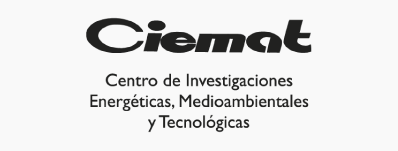
CIEMAT (Center for Energy, Environmental and Technological Research) is a Public Research Body attached to the Ministry of Science and Innovation through the General Secretariat of Research, mainly focused on the energy and environmental sectors and on the technological sectors to both connected. It occupies an intermediate position in the chain from the creation of basic knowledge to its industrial application, so that its field of activity always seeks to act as a bridge between research and development and objectives of social interest. CIEMAT carries out R&D activities, such as participation in EU programs and cooperation with intergovernmental organizations and research centers in other countries, in particular with Latin America and the Mediterranean basin. The R&D is complemented by training activities, technology transfer, provision of technical services and consultancy to the various administrations and representation of Spain in various international forums.
CIEMAT is the coordinator of the project’s pilot studies in close collaboration with pilot leaders, partners in charge of medical surveillance, systematic analysis, monitoring tools and mental health assessment. In addition, CIEMAT will coordinate the Spanish pilot and conduct research on Indoor Air Quality (IAQ) treatment, hybrid systems of air filtration, and photocatalytic oxidation.
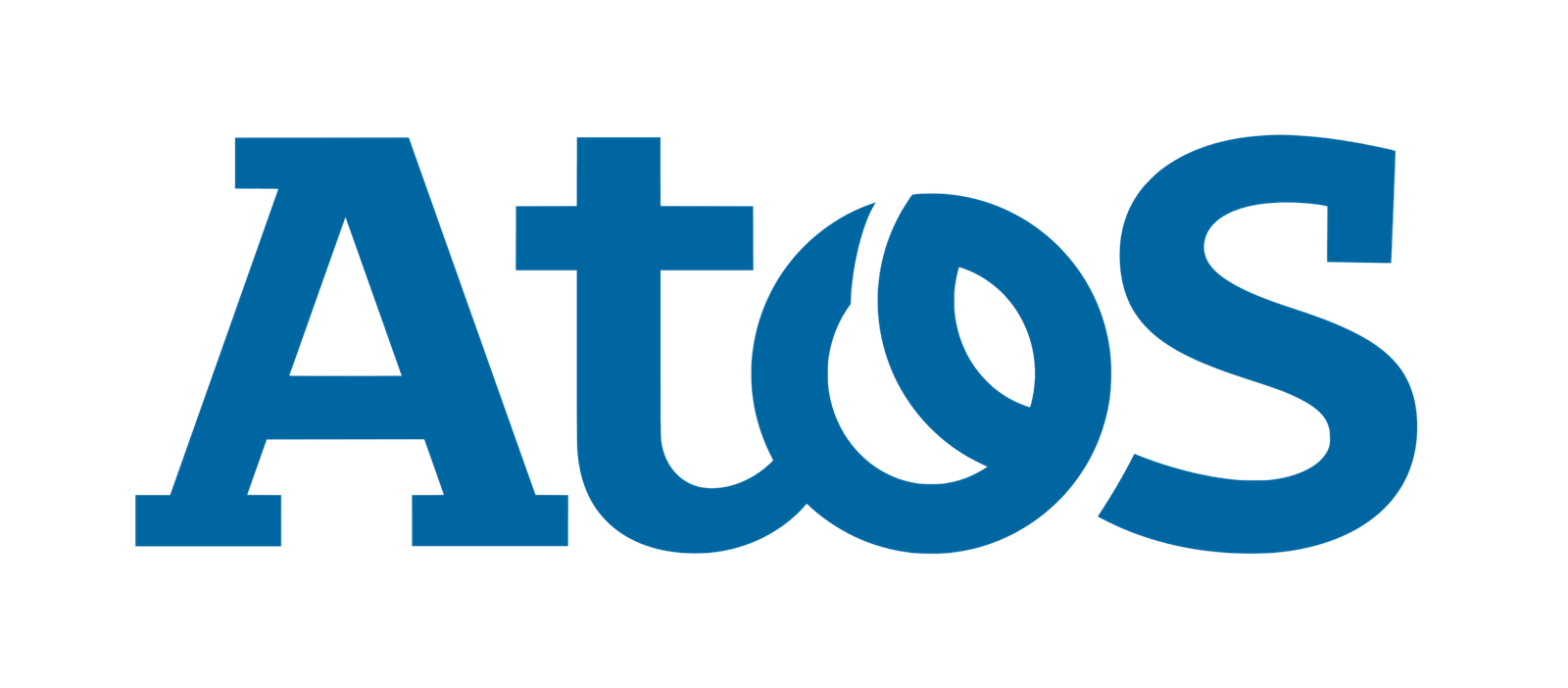
Atos offers business and services consulting as well as vertical solutions in health, financial, utilities and telecom services. Some of its more relevant clients belong to the health public sector, such as the Servicio Madrileño de Salud (SERMAS), Servicio Andaluz de Salud (SAS), as well private entities in the healthcare sector and IT operators.
Atos participates in the development of the machine learning algorithms to identify the potential health risks and the affected target groups, and the open access platform where all the gathered data will be stored.

| KVC is an SME specialising in the development, implementation, and exploitation of R&D projects with more than 15 years of experience. KVC co-designs new intervention models supported by ICT solutions involving the quadruple helix of innovation, providing guidelines, and supporting local entities to pilot and evaluate initiatives in real settings in different sectors, such as: health and wellbeing, innovative education and digital learning, urban transformations and sustainable societies, science communication and citizens’ science, among others. |
the Open Access Platform. In addition, it will be monitoring Mental Health & QoL in the Spanish, Dutch, and Norwegian pilot sites. It leads the tasks on social engagement, education, and awareness, and is responsible for the deployment of the K-HEALTHinAIR Exploitation Strategy.
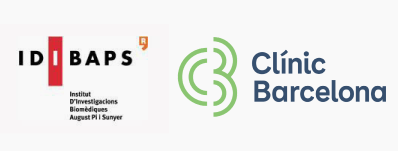
IDIBAPS is a public institution dedicated to translational research in the field of biomedicine. Its mission is to integrate state-of-the-art basic research and high-quality clinical research. The Hospital Clinic de Barcelona (HCB), a linked third party of IDIBAPS, is a reference centre with a long reputation of excellence in care provision, training, and research at national and international levels. IDIBAPS, HCB and the University of Barcelona (UB) conform the Campus Clinic-Barcelona.
IDIBAPS/HCB is the leader of the Spanish pilot and will be responsible for the assessment of the Indoor Air Quality (IAQ) effects on health in four of the project’s scenarios (hospital, metro, market, and patients’ homes), as well as for the follow-up of a cohort of 200+10 outpatients. IDIBAPS/HCB will also be involved in analysing the causality and characteristics of deleterious health effects of poor IAQ and, in setting preventive strategies, specific recommendations, awareness, and regulatory aspects.
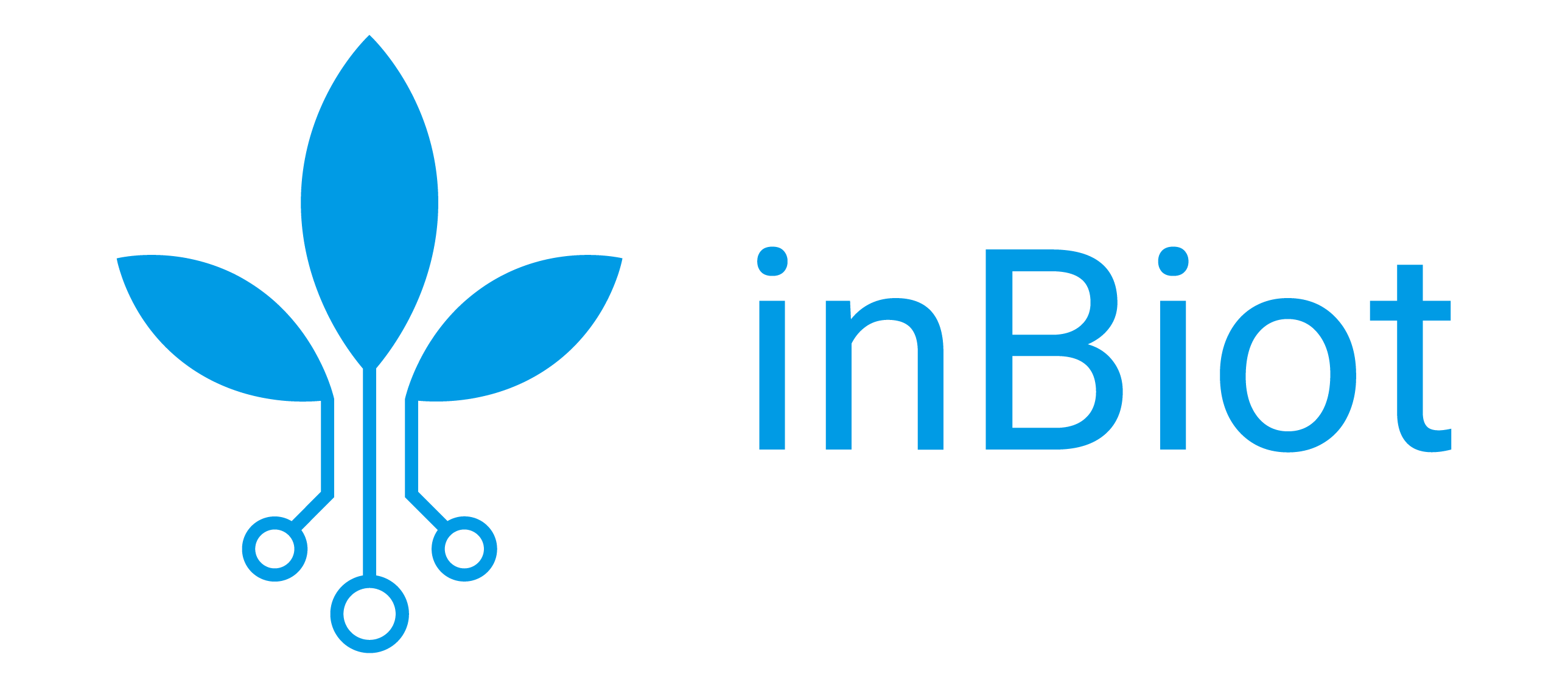
inBiot designs and manufactures smart solutions for monitoring and improving indoor air quality. Through our innovative and easy-to-use technology, we help companies control air quality, ensuring healthy, safe and sustainable spaces that balance economic growth, social well-being, and environmental concerns.
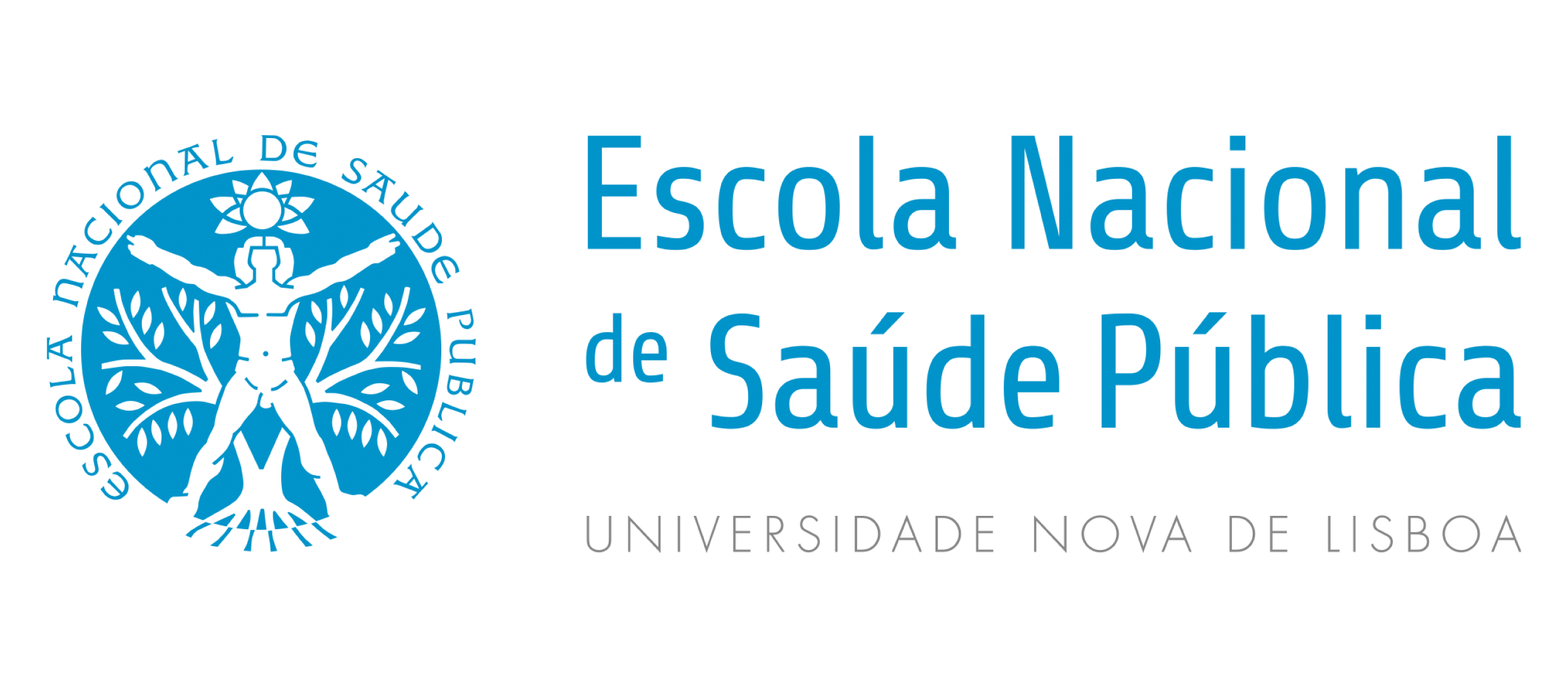
ENSP-UNL promotes postgraduate training and research within the area of Public Health, to contribute to the in-depth study and knowledge dissemination of this area. ENSP-UNL mission includes the following elements:
- Promote a teaching-learning process in Public Health centred on the student and an integrated, dynamic and prospective vision of both the health system and the Sciences of Public Health;
- Dedicate efforts to scientific discovery, the production of knowledge and the innovation of Public Health practices;
- Articulate research and education with action and innovation in Public Health, in order to be an effective influence of the emerging knowledge society, actively integrating into the value chains of the developing network society.
ENSP-UNL is responsible for the provision of information on exposure and assessment methods, providing relevant data to teach the algorithm about harmful chemical components. Moreover, it leads the guidelines for improving health based on results obtained from each pilot implemented scenario and will lead the development of new regulation proposals of determinants.
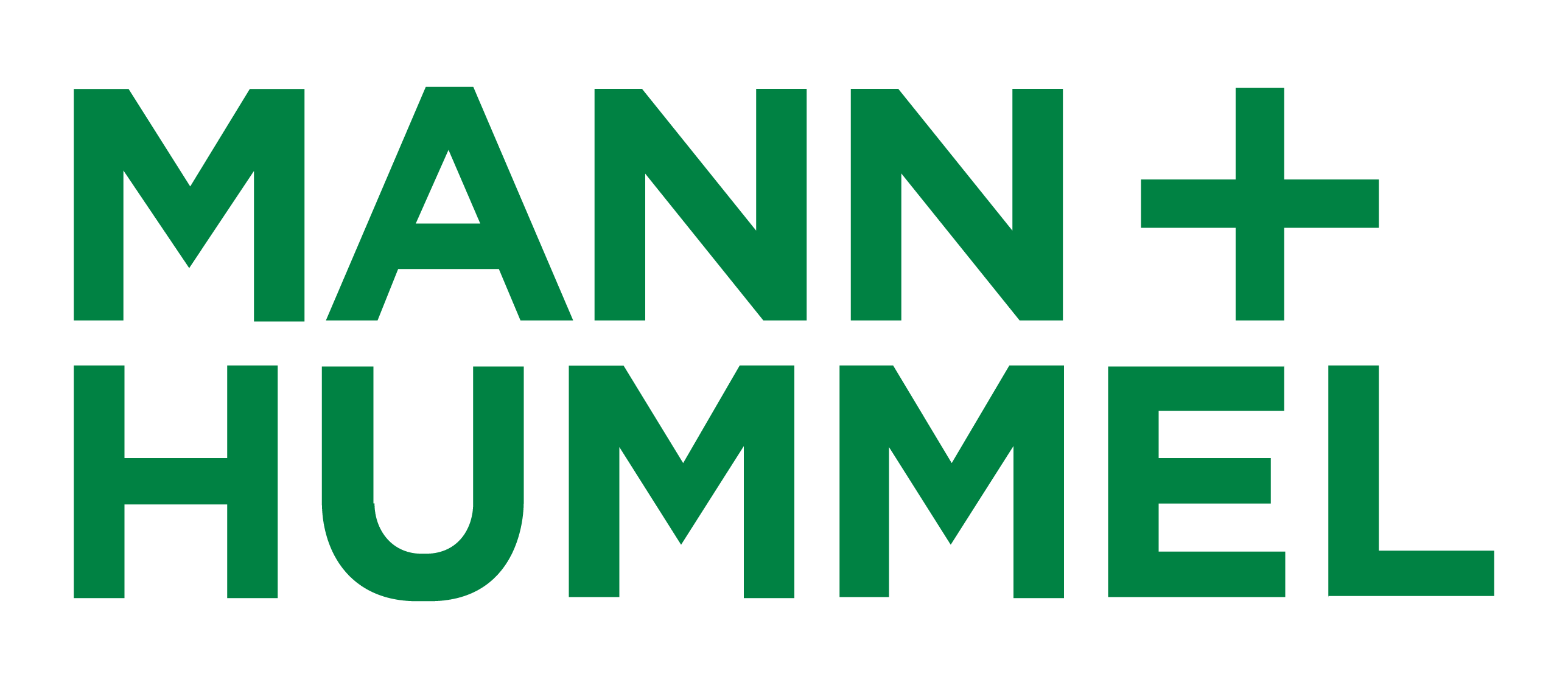
MANN+HUMMEL is a leading global company in filtration technology. Under its two business units, Transportation and Life Sciences & Environment, the Ludwigsburg-based Group (Germany) develops intelligent filtration and separation solutions that enable cleaner mobility, cleaner air, and cleaner water. Thus, the 1941-founded family-owned company makes an important contribution to a clean Earth and sustainable use of limited resources. In 2021, over 23,000 employees at more than 80 locations generated a turnover of EUR 4.2 billion.
MANN+HUMMEL is in charge of continuously monitoring indoor air quality (IAQ) parameters in the Germany and Poland/Austria pilot studies. This includes the supply of sensors, as well as ensuring correct sensor set-up and data collection. Based on findings from data analysis, MANN+HUMMEL will define healthy parameters for IAQ and how to communicate them. Additionally, MANN+HUMMEL will work on user-friendly monitoring solutions, as well as advanced solutions for the improvement of IAQ and data integrations.
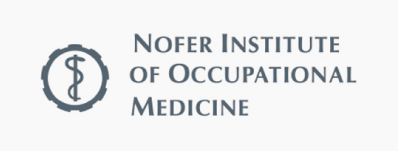
The Nofer Institute is a research centre that deals with issues of public health, environmental health and all areas related to wider occupational health. It promotes healthy lifestyles among Polish workers with the main goal of improving the quality of life and having a positive impact on workers’ health, work environment, and work capacity. It has been involved in post‐graduate training, editorial activities, and regulatory activities concerning occupational safety and health and environmental health hazards. Presently, NIOM provides background research and expertise to the Ministry of Health and serves as an advisory body to the Ministry of Environmental Protection and numerous governmental agencies, including the State Sanitary Inspectorate and State Labour Inspectorate, and also to local administration, trade unions, and industry. Over the last 20 years, NIOM has implemented over 120 international agreements, including projects financed by the European Union, such as the 7th Framework Programme, Interreg, Horizon 2020, Erasmus+, EIT Health and others.
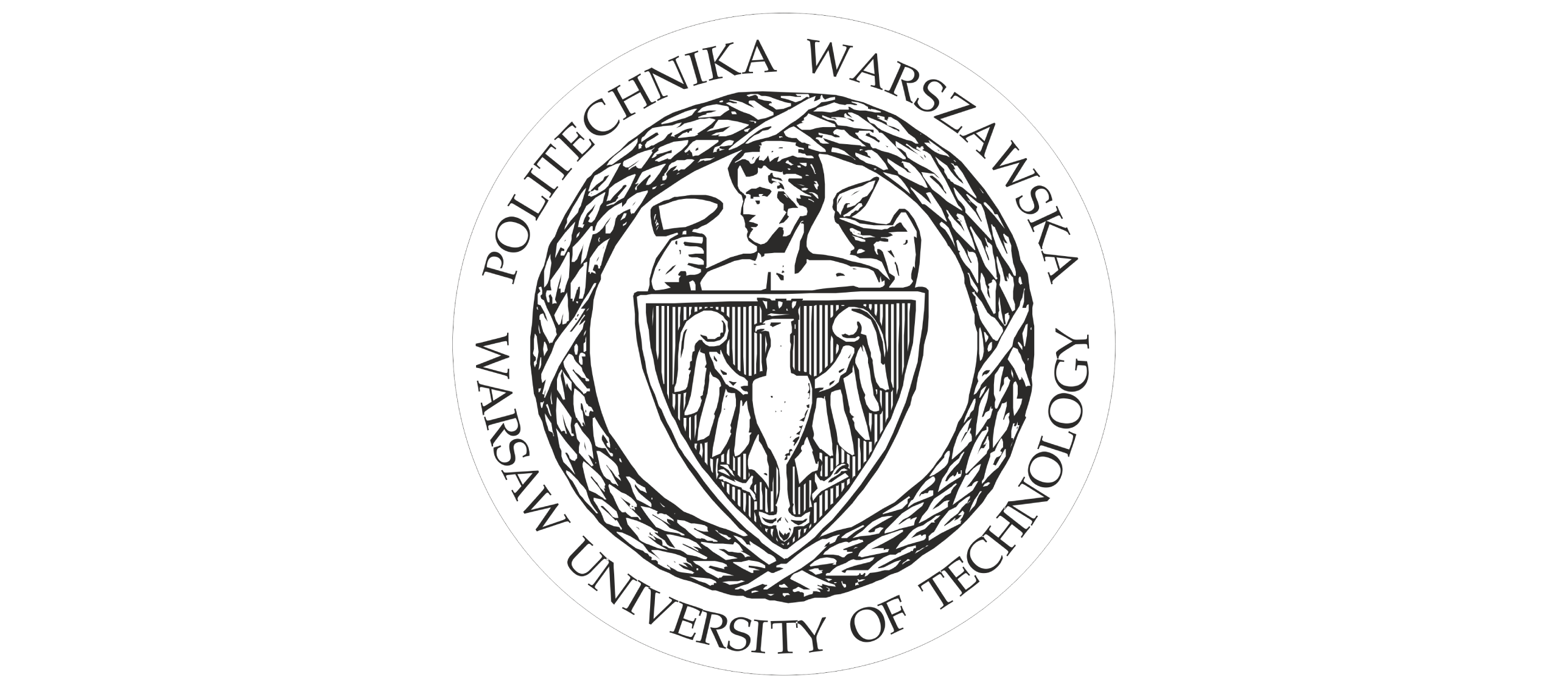
The Warsaw University of Technology (WUT) is the oldest and largest technical university in Poland, consisting of 20 faculties. The Faculty of Building Services, Hydro- and Environmental Engineering, which will be involved in the project, is a multidisciplinary faculty, conducting its principal educational and scientific mission along with applied research and services in a wide range of disciplines related to environmental engineering and environmental protection.
WUT will collect and analyse Particulate Matter (PM) and microbiome samples in Poland/ Austria and German pilot studies. The PM sampling will be conducted in households and schools in Poland and Austria, as well as worker canteens and lecture halls in Germany. In the PM samples, the concentrations of selected Polycyclic Aromatic Hydrocarbons (PAHs) will be determined.
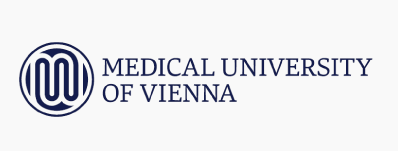
The Medical University of Vienna (MedUni Vienna) is one of the longest-standing medical training and research institutions in Europe. With 8,000 students, it is today the largest medical training facility in the German-speaking area. With its 30 university departments and two clinical institutes, 13 medical theory centres and numerous highly specialized laboratories, it is also one of the most important cutting-edge research institutions in the field of biomedicine. As one of the biggest medical universities in Europe, MedUni Vienna consistently strives to attract the brightest minds in order to further medical research, impart forward-thinking knowledge and ensure the best possible and most advanced care for patients.
The Department of Environmental Health, part of the Center for Public Health at the Medical University of Vienna will participate in the Poland-Austria Pilot Study, investigating indoor air quality in homes and schools. MedUni will link the measurement results to the respiratory health of school children. Health data will be collected through questionnaires and clinical examinations.
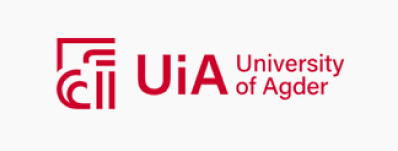
The University of Agder’s (UIA) is a major education and research institution located in South Norway. UIA’s vision is “co-creation of tomorrow’s knowledge” and it aims to accomplish this through close collaboration with regional, national and international partners. UiA has 1,400 employees and 13,500 students on two campuses, Kristiansand and Grimstad. UiA offers Bachelor, Master and PhD programmes in many disciplines and several Master’s programmes are taught in English. This offer is continuously developing.
UIA is the leader of the Norwegian pilot and will work on Indoor Air Quality and microbiome monitoring. Addressing the evaluation of Indoor Air Quality (IAQ), building physics and student health in selected rooms and apartments in student residence halls, and the student canteen at the UIA Campus in Grimstad, Norway. In addition, UIA will examine the influence of wood surfaces on IAQ and health.

ECHAlliance Group is a multi-stakeholder international organization, facilitating connection and knowledge exchange among the players engaged in digital health innovation and deployment, driving sustainable change and disruption in the delivery of health and social care. Active in Europe and beyond, its community gathers more than 900 member organizations, incl. governments, health & social care providers, leading companies and start-ups, researchers, insurance companies, patient organizations, citizens, and investors. ECHAlliance facilitates the creation of local, regional and national digital health ecosystems which components gather in regular meetings. Furthermore, it organises key international events such as the yearly Digital Health and Wellness Summit in the frame of the Mobile World Congress 4YFN event. The Digital Health Observatory (DHO) portal and the Digital Health Society (DHS) movement, powered by ECHAlliance, are key vehicles to encourage the transfer of lessons learned and good practices.
ECHAlliance is the Dissemination and Communication Manager of the K-HEALTHinAIR project. ECHAlliance will lead the work strand related to the communication, dissemination, and exploitation of project results. ECHAlliance will design the strategy and actions for raising awareness of the project’s achievements, aiming to accomplish their sustainability beyond the project’s funding period. To promote innovation acceptance, greater effort will be devoted to translating and communicating the project’s results and outputs, making them accessible and understandable by society at large.
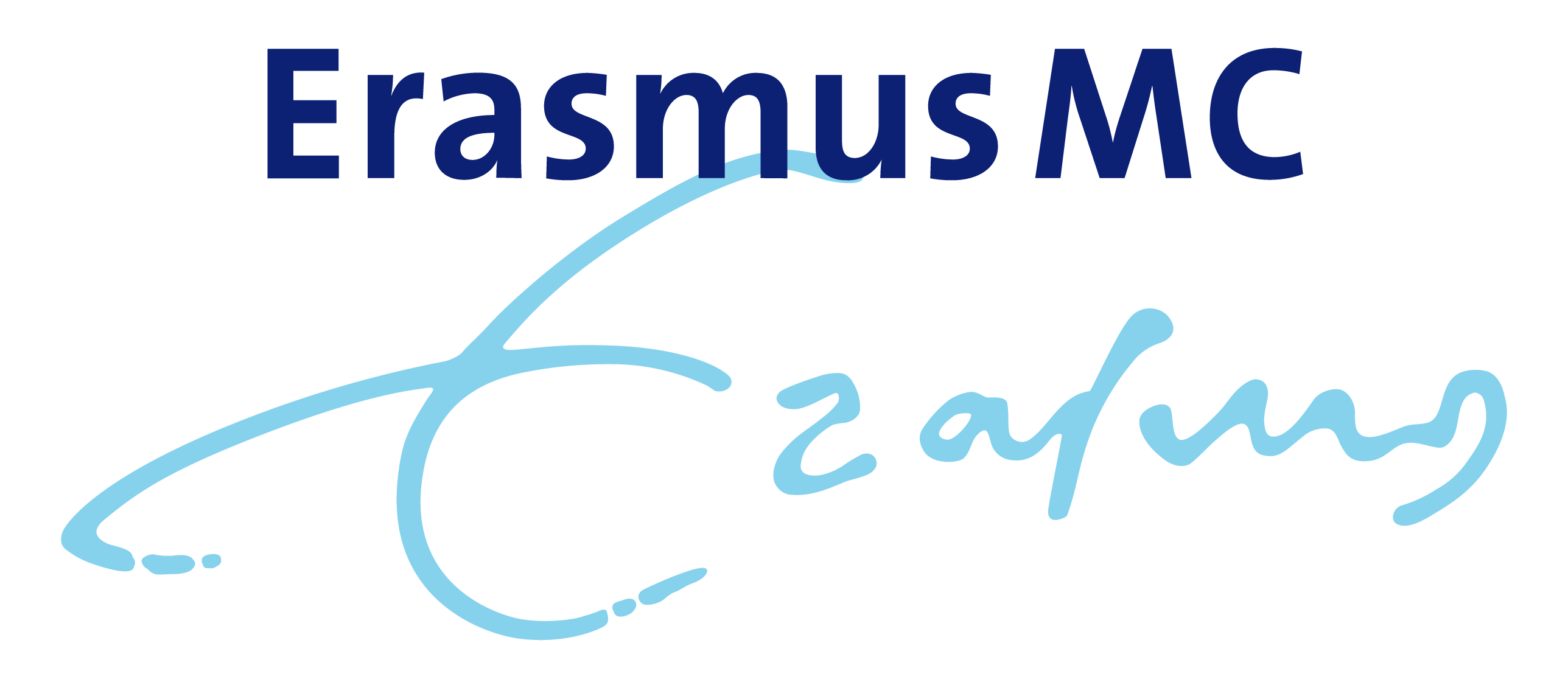
Erasmus MC is the largest university medical centre in The Netherlands. The Department of Public Health fulfils its mission through:
- conducting observational and experimental studies in general and high-risk populations on developing, evaluating, and implementing primary preventive interventions, screening, and treatment modalities in health care,
- a strong focus, but not exclusively, on innovative quantitative methods in public health epidemiology,
- interdisciplinary research with medical, health, social, economic, and natural sciences, and
- close cooperation with professionals and policymakers in health care and communities which facilitates timely and effective dissemination of knowledge to create societal impact.
Erasmus MC will engage around 50 outpatients with frailty (including respiratory and cardiovascular conditions) from the geriatrics department of EMC. These patients live at home and/or in an institution and will be monitored and followed up according to the project requirements (air quality, medical outcomes, mental health outcomes and vital signs).

FUNDACION CARTIF (ES)
CARTIF is a horizontal, private, and non-profit Research Institution, whose main mission is to provide innovative solutions to the industry to enhance their processes, systems and products, improving their competitiveness and creating new business opportunities. CARTIF is a multidisciplinary centre that works in multiple knowledge fields focused on many economic sectors: energy, food, industry, construction and infrastructures, health, and environment, addressing research lines oriented to the main societal challenges, such as industry 4.0, smart grids, smart cities, energy efficiency, cultural heritage, quality of life, circular economy, natural resources, and biotechnology.
CARTIF is the project’s coordinator. Within the project, it is responsible for data management and ethical aspects, and it will lead the organization of the European K-HEALTHinAIR Scientific Congress. In addition, it contributes to the identification of determinant sources , result interpretation, requirements of the Open Access Platform, and supports the project’s communication, dissemination, and stakeholders’ engagement activities.

AGENCIA ESTATAL CONSEJO SUPERIOR DE INVESTIGACIONES CIENTIFICAS (ES)
The RJB-CSIC and the IIIA-CSIC are located at the Madrid and UAB campuses, respectively. Both centres belong to the Spanish National Research Council (CSIC). The CSIC is Spain’s largest public institution and is devoted to research and technological development. The RJB-CSIC is an EU centre of excellence focused on better understanding the systematics and evolution of plants and fungi. Specifically, the “Hidden Biodiversity Research Group” of the RJB-CSIC investigates the evolution, diversity, and ecology of microorganisms, such as fungi, protists, and bacteria. This group is multidisciplinary and investigates the relevance of these microorganisms: as responsible for emerging diseases, their involvement in the quality of airborne and aquatic systems, or as bioindicators of eutrophication and pollution. IIIA-CSIC is a leading research centre in Europe in the areas of multiagent systems, machine learning, and uncertainty reasoning. IIIA-CSIC has a strong academic record and is an active player in the Catalan industrial ecosystem, participating in a large number of technology transfer projects
The main role of the RJB-CSIC group in the project is to obtain the composition and characteristics of the bacterial and fungal communities of the airborne microbiome. In addition, this group will assist in the validation procedures and research in the air quality treatment systems (aflatoxin sensor). The main role of the IIIA-CSIC is the design of new Artificial Intelligence algorithms and models, exploiting Big Data analysis and Machine Learning techniques, to identify the potential health risks and affected target groups, activities, or factors.

CENTRO DE INVESTIGACIONES ENERGETICAS, MEDIOAMBIENTALES Y TECNOLOGICAS-CIEMAT (ES)
CIEMAT (Center for Energy, Environmental and Technological Research) is a Public Research Body attached to the Ministry of Science and Innovation through the General Secretariat of Research, mainly focused on the energy and environmental sectors and on the technological sectors to both connected. It occupies an intermediate position in the chain from the creation of basic knowledge to its industrial application, so that its field of activity always seeks to act as a bridge between research and development and objectives of social interest. CIEMAT carries out R&D activities, such as participation in EU programs and cooperation with intergovernmental organizations and research centers in other countries, in particular with Latin America and the Mediterranean basin. The R&D is complemented by training activities, technology transfer, provision of technical services and consultancy to the various administrations and representation of Spain in various international forums.
CIEMAT is the coordinator of the project’s pilot studies in close collaboration with pilot leaders, partners in charge of medical surveillance, systematic analysis, monitoring tools and mental health assessment. In addition, CIEMAT will coordinate the Spanish pilot and conduct research on Indoor Air Quality (IAQ) treatment, hybrid systems of air filtration, and photocatalytic oxidation.

ATOS IT SOLUTIONS AND SERVICES IBERIA SL (ES)
Atos offers business and services consulting as well as vertical solutions in health, financial, utilities and telecom services. Some of its more relevant clients belong to the health public sector, such as the Servicio Madrileño de Salud (SERMAS), Servicio Andaluz de Salud (SAS), as well private entities in the healthcare sector and IT operators.
Atos participates in the development of the machine learning algorithms to identify the potential health risks and the affected target groups, and the open access platform where all the gathered data will be stored.

Kveloce I+D+i (Senior Europa S.L.)
| KVC is an SME specialising in the development, implementation, and exploitation of R&D projects with more than 15 years of experience. KVC co-designs new intervention models supported by ICT solutions involving the quadruple helix of innovation, providing guidelines, and supporting local entities to pilot and evaluate initiatives in real settings in different sectors, such as: health and wellbeing, innovative education and digital learning, urban transformations and sustainable societies, science communication and citizens’ science, among others. |
the Open Access Platform. In addition, it will be monitoring Mental Health & QoL in the Spanish, Dutch, and Norwegian pilot sites. It leads the tasks on social engagement, education, and awareness, and is responsible for the deployment of the K-HEALTHinAIR Exploitation Strategy.

CONSORCI INSTITUT D’INVESTIGACIONS BIOMEDIQUES AUGUST PI I SUNYER (ES)
IDIBAPS is a public institution dedicated to translational research in the field of biomedicine. Its mission is to integrate state-of-the-art basic research and high-quality clinical research. The Hospital Clinic de Barcelona (HCB), a linked third party of IDIBAPS, is a reference centre with a long reputation of excellence in care provision, training, and research at national and international levels. IDIBAPS, HCB and the University of Barcelona (UB) conform the Campus Clinic-Barcelona.
IDIBAPS/HCB is the leader of the Spanish pilot and will be responsible for the assessment of the Indoor Air Quality (IAQ) effects on health in four of the project’s scenarios (hospital, metro, market, and patients’ homes), as well as for the follow-up of a cohort of 200+10 outpatients. IDIBAPS/HCB will also be involved in analysing the causality and characteristics of deleterious health effects of poor IAQ and, in setting preventive strategies, specific recommendations, awareness, and regulatory aspects.

INBIOT MONITORING SL (ES)
inBiot designs and manufactures smart solutions for monitoring and improving indoor air quality. Through our innovative and easy-to-use technology, we help companies control air quality, ensuring healthy, safe and sustainable spaces that balance economic growth, social well-being, and environmental concerns.

UNIVERSIDADE NOVA DE LISBOA (PT)
ENSP-UNL promotes postgraduate training and research within the area of Public Health, to contribute to the in-depth study and knowledge dissemination of this area. ENSP-UNL mission includes the following elements:
- Promote a teaching-learning process in Public Health centred on the student and an integrated, dynamic and prospective vision of both the health system and the Sciences of Public Health;
- Dedicate efforts to scientific discovery, the production of knowledge and the innovation of Public Health practices;
- Articulate research and education with action and innovation in Public Health, in order to be an effective influence of the emerging knowledge society, actively integrating into the value chains of the developing network society.
ENSP-UNL is responsible for the provision of information on exposure and assessment methods, providing relevant data to teach the algorithm about harmful chemical components. Moreover, it leads the guidelines for improving health based on results obtained from each pilot implemented scenario and will lead the development of new regulation proposals of determinants.

MANN + HUMMEL GMBH (DE)
MANN+HUMMEL is a leading global company in filtration technology. Under its two business units, Transportation and Life Sciences & Environment, the Ludwigsburg-based Group (Germany) develops intelligent filtration and separation solutions that enable cleaner mobility, cleaner air, and cleaner water. Thus, the 1941-founded family-owned company makes an important contribution to a clean Earth and sustainable use of limited resources. In 2021, over 23,000 employees at more than 80 locations generated a turnover of EUR 4.2 billion.
MANN+HUMMEL is in charge of continuously monitoring indoor air quality (IAQ) parameters in the Germany and Poland/Austria pilot studies. This includes the supply of sensors, as well as ensuring correct sensor set-up and data collection. Based on findings from data analysis, MANN+HUMMEL will define healthy parameters for IAQ and how to communicate them. Additionally, MANN+HUMMEL will work on user-friendly monitoring solutions, as well as advanced solutions for the improvement of IAQ and data integrations.

INSTYTUT MEDYCYNY PRACY IMIENIA PROF. DRA MED. JERZEGO NOFERA W LODZI (PL)
The Nofer Institute is a research centre that deals with issues of public health, environmental health and all areas related to wider occupational health. It promotes healthy lifestyles among Polish workers with the main goal of improving the quality of life and having a positive impact on workers’ health, work environment, and work capacity. It has been involved in post‐graduate training, editorial activities, and regulatory activities concerning occupational safety and health and environmental health hazards. Presently, NIOM provides background research and expertise to the Ministry of Health and serves as an advisory body to the Ministry of Environmental Protection and numerous governmental agencies, including the State Sanitary Inspectorate and State Labour Inspectorate, and also to local administration, trade unions, and industry. Over the last 20 years, NIOM has implemented over 120 international agreements, including projects financed by the European Union, such as the 7th Framework Programme, Interreg, Horizon 2020, Erasmus+, EIT Health and others.

POLITECHNIKA WARSZAWSKA (PL)
The Warsaw University of Technology (WUT) is the oldest and largest technical university in Poland, consisting of 20 faculties. The Faculty of Building Services, Hydro- and Environmental Engineering, which will be involved in the project, is a multidisciplinary faculty, conducting its principal educational and scientific mission along with applied research and services in a wide range of disciplines related to environmental engineering and environmental protection.
WUT will collect and analyse Particulate Matter (PM) and microbiome samples in Poland/ Austria and German pilot studies. The PM sampling will be conducted in households and schools in Poland and Austria, as well as worker canteens and lecture halls in Germany. In the PM samples, the concentrations of selected Polycyclic Aromatic Hydrocarbons (PAHs) will be determined.

MEDIZINISCHE UNIVERSITAET WIEN (AT)
The Medical University of Vienna (MedUni Vienna) is one of the longest-standing medical training and research institutions in Europe. With 8,000 students, it is today the largest medical training facility in the German-speaking area. With its 30 university departments and two clinical institutes, 13 medical theory centres and numerous highly specialized laboratories, it is also one of the most important cutting-edge research institutions in the field of biomedicine. As one of the biggest medical universities in Europe, MedUni Vienna consistently strives to attract the brightest minds in order to further medical research, impart forward-thinking knowledge and ensure the best possible and most advanced care for patients.
The Department of Environmental Health, part of the Center for Public Health at the Medical University of Vienna will participate in the Poland-Austria Pilot Study, investigating indoor air quality in homes and schools. MedUni will link the measurement results to the respiratory health of school children. Health data will be collected through questionnaires and clinical examinations.

UNIVERSITETET I AGDER (NO)
The University of Agder’s (UIA) is a major education and research institution located in South Norway. UIA’s vision is “co-creation of tomorrow’s knowledge” and it aims to accomplish this through close collaboration with regional, national and international partners. UiA has 1,400 employees and 13,500 students on two campuses, Kristiansand and Grimstad. UiA offers Bachelor, Master and PhD programmes in many disciplines and several Master’s programmes are taught in English. This offer is continuously developing.
UIA is the leader of the Norwegian pilot and will work on Indoor Air Quality and microbiome monitoring. Addressing the evaluation of Indoor Air Quality (IAQ), building physics and student health in selected rooms and apartments in student residence halls, and the student canteen at the UIA Campus in Grimstad, Norway. In addition, UIA will examine the influence of wood surfaces on IAQ and health.

ECHALLIANCE COMPANY LIMITED BY GUARANTEE (IE)
ECHAlliance Group is a multi-stakeholder international organization, facilitating connection and knowledge exchange among the players engaged in digital health innovation and deployment, driving sustainable change and disruption in the delivery of health and social care. Active in Europe and beyond, its community gathers more than 900 member organizations, incl. governments, health & social care providers, leading companies and start-ups, researchers, insurance companies, patient organizations, citizens, and investors. ECHAlliance facilitates the creation of local, regional and national digital health ecosystems which components gather in regular meetings. Furthermore, it organises key international events such as the yearly Digital Health and Wellness Summit in the frame of the Mobile World Congress 4YFN event. The Digital Health Observatory (DHO) portal and the Digital Health Society (DHS) movement, powered by ECHAlliance, are key vehicles to encourage the transfer of lessons learned and good practices.
ECHAlliance is the Dissemination and Communication Manager of the K-HEALTHinAIR project. ECHAlliance will lead the work strand related to the communication, dissemination, and exploitation of project results. ECHAlliance will design the strategy and actions for raising awareness of the project’s achievements, aiming to accomplish their sustainability beyond the project’s funding period. To promote innovation acceptance, greater effort will be devoted to translating and communicating the project’s results and outputs, making them accessible and understandable by society at large.

ERASMUS UNIVERSITAIR MEDISCH CENTRUM ROTTERDAM (NL)
Erasmus MC is the largest university medical centre in The Netherlands. The Department of Public Health fulfils its mission through:
- conducting observational and experimental studies in general and high-risk populations on developing, evaluating, and implementing primary preventive interventions, screening, and treatment modalities in health care,
- a strong focus, but not exclusively, on innovative quantitative methods in public health epidemiology,
- interdisciplinary research with medical, health, social, economic, and natural sciences, and
- close cooperation with professionals and policymakers in health care and communities which facilitates timely and effective dissemination of knowledge to create societal impact.
Erasmus MC will engage around 50 outpatients with frailty (including respiratory and cardiovascular conditions) from the geriatrics department of EMC. These patients live at home and/or in an institution and will be monitored and followed up according to the project requirements (air quality, medical outcomes, mental health outcomes and vital signs).
Knowledge for improving indoor air quality and health

Knowledge for improving
indoor air quality and health


